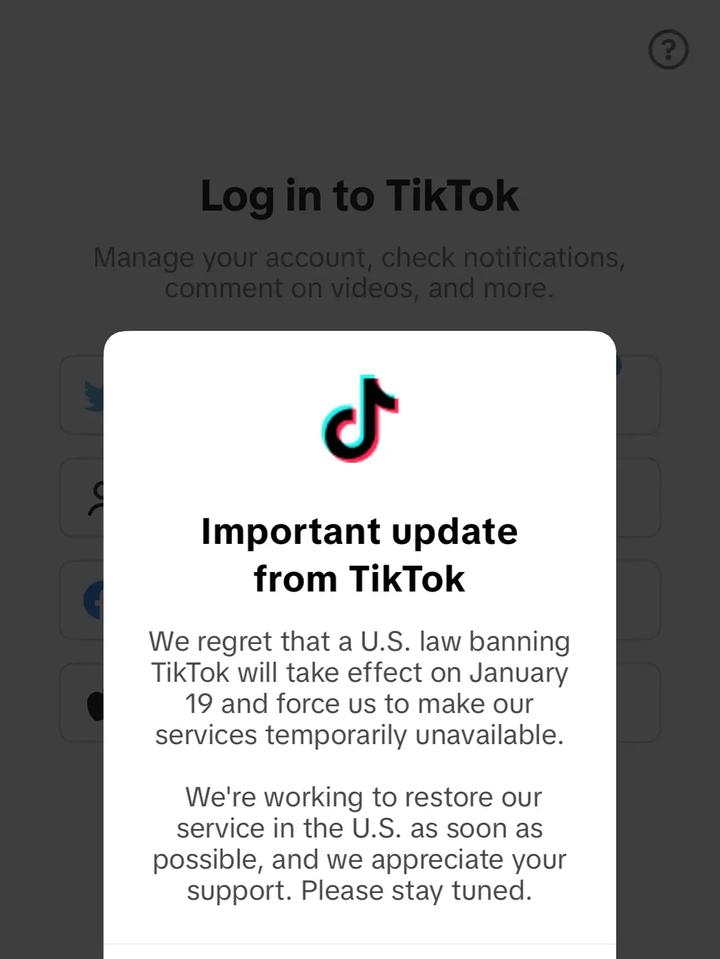TikTok Ban in US: Social Impact and Digital Cold War
TikTok’s shutdown in the US impacts 170 million users and marks a significant shift in US-China tech relations. The ban affects content creators, small businesses, and marginalized communities who rely on the platform for income and connection.

The imminent shutdown of TikTok in the United States represents more than just another chapter in US-China tech tensions - it marks a watershed moment in digital globalization and social media governance. This development carries profound implications for both American society and global internet culture.
The platform’s unique significance stems from its role as a digital lifeline for many marginalized communities in America. For instance, creators with disabilities have found TikTok to be uniquely accessible, with its simple interface and short-form video format allowing them to build communities and generate income. One notable example involves a couple from America’s agricultural heartland, where the male partner, following a devastating accident and amputation, found financial sustenance through his partner’s TikTok content creation.
The economic impact is substantial. In 2023, TikTok contributed approximately $24.2 billion through small business activity and provided $73 billion in entertainment value to American consumers. The ban affects not just the platform’s 170 million US users but also a vast ecosystem of content creators and small businesses dependent on the platform for their livelihood.
The political dimension of this shutdown extends beyond simple national security concerns. While the US government cites data security issues, TikTok maintains it has consistently complied with American regulations, keeping servers and data within US borders. This contrast sharply differs from previous cases like Facebook and Twitter in China, which declined to comply with local data storage requirements.
ByteDance’s response has been notably resolute, choosing to cease operations rather than negotiate under pressure. This stance has triggered a broader shutdown of ByteDance services in the US, including popular tools like CapCut and Lemon8. This comprehensive withdrawal suggests a strategic shift in Chinese tech companies' approach to the US market.
The ban’s timing, coinciding with major political transitions in the US, adds another layer of complexity. Former President Trump’s suggestion of a 90-day extension period reflects the delicate balance between national security concerns and the platform’s significant social and economic impact. However, this proposal faces skepticism from key Republican lawmakers who insist on complete separation from Chinese ownership.
The situation has sparked an unprecedented digital migration, with content creators scrambling to find alternative platforms. Some are moving to Chinese platforms like Xiaohongshu (RED), ironically breaking down information barriers between US and Chinese internet users in an unexpected way.
This episode signals a broader trend of technology’s weaponization in global politics. The increasing emphasis on digital sovereignty and data control suggests that similar conflicts may become more common in the future of international relations.